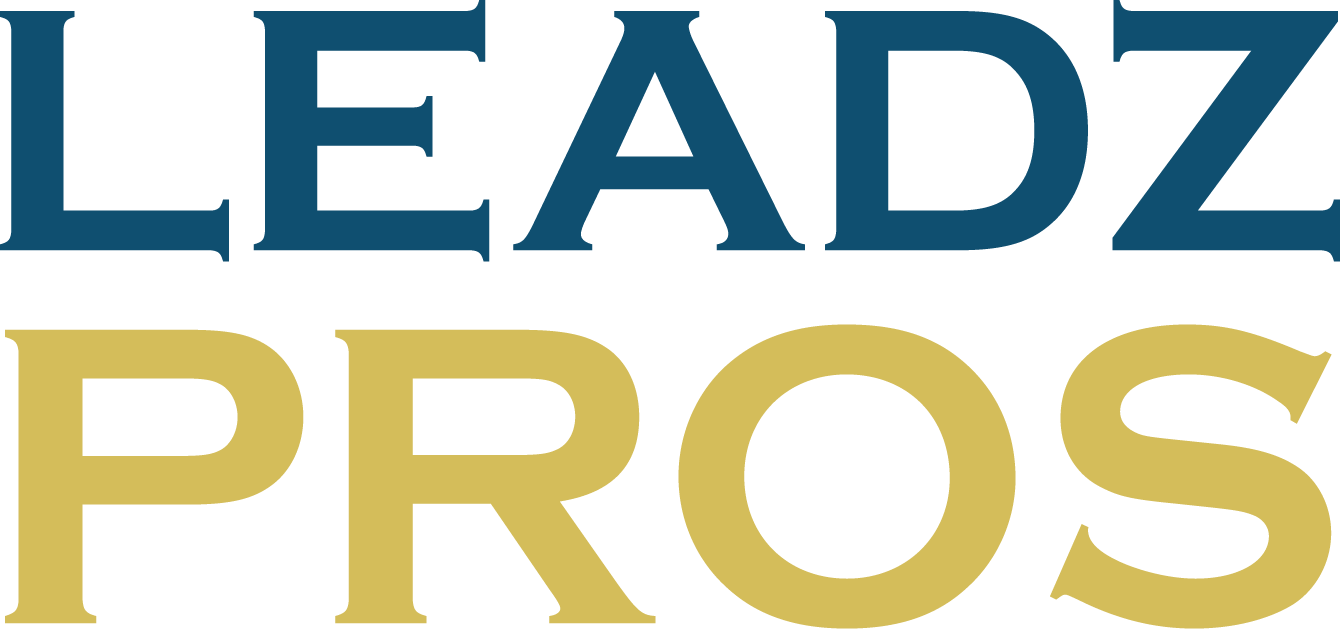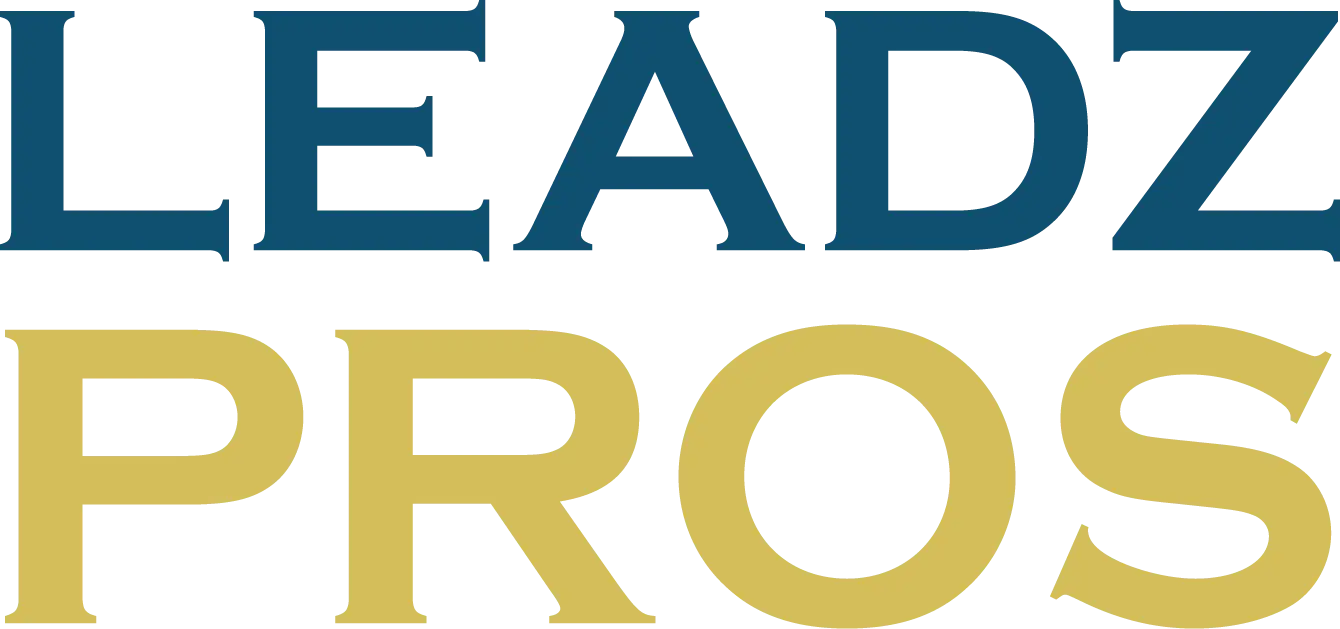Embarking on a journey towards enhancing the effectiveness of cardiology practices through data-driven marketing strategies can lead to substantial growth and success. Utilizing insights from analytics and targeted campaigns can revolutionize the way cardiology practices connect with patients and generate returns on investment. To delve deeper into the realm of data-driven marketing for cardiology practices, explore this insightful article on How To Measure And Maximise ROI In Data-Driven Marketing. Embrace the power of data to elevate the performance and profitability of cardiology practices in the modern healthcare landscape.
The Fundamentals of Data-Driven Marketing in Cardiology
Understanding Your Target Audience
To leverage the power of data-driven marketing in cardiology, it is crucial to first understand your target audience. Data-driven marketing allows practices to identify key demographic information, preferences, and behaviors of their patients. By analyzing this data, cardiology practices can tailor their marketing strategies to effectively engage with their target audience and drive better results. Understanding your target audience through data-driven insights can lead to more personalized and relevant communication, ultimately improving patient engagement and loyalty.
Leveraging Patient Data Responsibly
Responsibly leveraging patient data is essential for cardiology practices to maintain trust and compliance with regulatory requirements. With the vast amount of data available, practices can gain valuable insights into patient health records, treatment outcomes, and communication preferences. By utilizing this data responsibly, practices can create personalized marketing campaigns, improve patient care outcomes, and optimize operational efficiencies. It is important to uphold patient privacy and confidentiality while leveraging data to ensure that practices are ethically using patient information to enhance their marketing efforts.
Cardiology practices can harness the power of patient data to inform targeted marketing campaigns, enhance patient experience, and drive better ROI. By leveraging data insights responsibly, practices can achieve a competitive edge in the industry and build stronger relationships with their patient base. It is vital for cardiology practices to stay up-to-date on data protection regulations and best practices to ensure that patient data is used ethically and effectively in their marketing efforts.
Strategies to Maximize ROI
Obviously, in a highly competitive market, cardiology practices need to employ strategies that not only attract new patients but also retain existing ones. By focusing on data-driven marketing techniques, practices can maximize their return on investment (ROI) and achieve sustainable growth. Let’s explore some key strategies that can help cardiology practices achieve this goal.
Personalizing Patient Communication
With the advancement of technology, cardiology practices can now personalize patient communication in a way that was not possible before. By leveraging data analytics and patient insights, practices can tailor their messages to individual patients, making them feel valued and understood. Personalized communication can greatly enhance patient engagement, satisfaction, and ultimately, loyalty to the practice.
Moreover, by segmenting patients based on their demographics, health history, and preferences, cardiology practices can deliver targeted communication that resonates with each group. Whether it’s through personalized emails, text messages, or patient portals, effective communication can improve patient outcomes and drive positive word-of-mouth referrals.
Enhancing Online Presence Through SEO and Content Marketing
For cardiology practices to stand out in today’s digital landscape, having a strong online presence is essential. Search Engine Optimization (SEO) and content marketing are powerful tools that can help practices improve their visibility and attract potential patients. By optimizing their website with relevant keywords, creating informative blog posts, and sharing valuable content on social media, practices can position themselves as trusted authorities in the cardiology field.
It is crucial for practices to regularly update their online content to ensure that it remains relevant and informative. By providing patients with valuable information about cardiology services, treatment options, and wellness tips, practices can build credibility and trust among their target audience. Investing in SEO and content marketing can yield long-term benefits in terms of increased website traffic, higher search engine rankings, and ultimately, more patient conversions.
Utilizing Social Media to Engage with Patients
With the widespread use of social media platforms, cardiology practices have a unique opportunity to engage with patients on a more personal level. By creating engaging and educational content on platforms like Facebook, Twitter, and Instagram, practices can connect with patients in a way that fosters trust and loyalty. Social media also provides a platform for practices to share patient testimonials, promote health awareness campaigns, and showcase their expertise in the field.
This strategy allows practices to humanize their brand and build authentic relationships with patients outside of the clinical setting. By actively engaging with patients through social media, practices can enhance their reputation, increase patient loyalty, and attract new patients through positive word-of-mouth referrals. Social media is a powerful tool that can complement other marketing strategies and help practices reach a wider audience.
Implementing Email Marketing Campaigns
Social media has become a crucial channel for cardiology practices to communicate with patients and promote their services. By leveraging email marketing campaigns, practices can deliver personalized and targeted messages directly to patients’ inboxes. Email marketing allows practices to communicate important updates, promote health events, and share educational content that resonates with patients’ needs and interests.
Utilizing email marketing automation tools, practices can streamline their communication processes and deliver timely messages to segmented patient groups. By analyzing email open rates, click-through rates, and conversion metrics, practices can optimize their campaigns for better engagement and ROI. Email marketing is a cost-effective and efficient way for practices to stay connected with patients and drive valuable actions, such as appointment bookings and referrals.
Monitoring and Adapting Strategies Based on Analytics
Personalizing patient communication, enhancing online presence through SEO and content marketing, utilizing social media to engage with patients, implementing email marketing campaigns—these are all essential components of a successful data-driven marketing strategy for cardiology practices. However, to truly maximize ROI, practices must continuously monitor and adapt their strategies based on analytics.
To ensure the effectiveness of their marketing efforts, practices should regularly analyze key performance indicators such as website traffic, patient engagement metrics, conversion rates, and return on investment. By identifying trends, tracking patient preferences, and measuring the success of each marketing campaign, practices can make informed decisions that drive results. Data-driven insights are invaluable in helping practices refine their marketing strategies, optimize their resources, and achieve sustainable growth in a competitive market.
Challenges and Solutions
Navigating Privacy Laws and Regulations
Challenges in data-driven marketing for cardiology practices often stem from navigating the complex landscape of privacy laws and regulations. With the rise of concerns around data privacy and security, practices must ensure that patient information is handled in compliance with regulations such as HIPAA. This can pose a challenge when trying to utilize patient data effectively for marketing purposes.
Solutions to this challenge involve implementing robust data protection measures within the practice. This includes training staff on privacy laws, securing data storage systems, and obtaining patient consent for using their information in marketing campaigns. By developing a clear understanding of privacy laws and regulations, cardiology practices can navigate these obstacles while still leveraging patient data for marketing efforts.
Overcoming Data Silos Within Practices
Within cardiology practices, data silos can hinder the effectiveness of data-driven marketing efforts. Data silos occur when information is stored in isolated systems or departments, making it difficult to access and analyze data across the organization. This fragmentation can prevent practices from obtaining a comprehensive view of their patients and target audience.
Within cardiology practices, breaking down data silos involves integrating systems and creating processes that allow for the seamless flow of information between departments. This can be achieved by implementing a centralized database, standardizing data formats, and promoting collaboration among staff members to share insights and data easily. By overcoming data silos, practices can ensure a unified approach to data-driven marketing that maximizes ROI and enhances patient engagement.
Solutions to overcoming data silos within practices include implementing data integration tools, establishing data governance protocols, and fostering a culture of data sharing within the organization. By breaking down barriers to data access and collaboration, cardiology practices can unlock the full potential of their data to drive successful marketing campaigns and improve patient outcomes.
Ensuring Data Accuracy and Security
Overcoming the challenges of data accuracy and security is crucial for cardiology practices looking to maximize ROI with data-driven marketing. Inaccurate or insecure data can lead to targeting the wrong audience, breaching patient confidentiality, and damaging the reputation of the practice. Therefore, practices must prioritize data quality and security measures in their marketing strategies.
With the increasing reliance on data in healthcare marketing, practices must invest in robust data quality management tools, conduct regular audits of data sources, and implement encryption protocols to safeguard patient information. By ensuring data accuracy and security, cardiology practices can build trust with patients, comply with regulations, and achieve optimal results from their marketing initiatives.

To wrap up
Drawing together patient data, market trends, and campaign performance metrics, cardiology practices can implement data-driven marketing strategies to maximize return on investment. By leveraging analytics to inform decision-making, optimizing digital marketing efforts, and targeting the right audience, cardiologists can improve patient acquisition, loyalty, and ultimately revenue. To further enhance ROI, cardiologists can explore how tracking metrics can help refine their Google Ads strategy in 2024 by reading How Can Tracking Metrics Help Cardiologists In Their Google Ads Strategy for 2024? and staying ahead of industry advancements.









